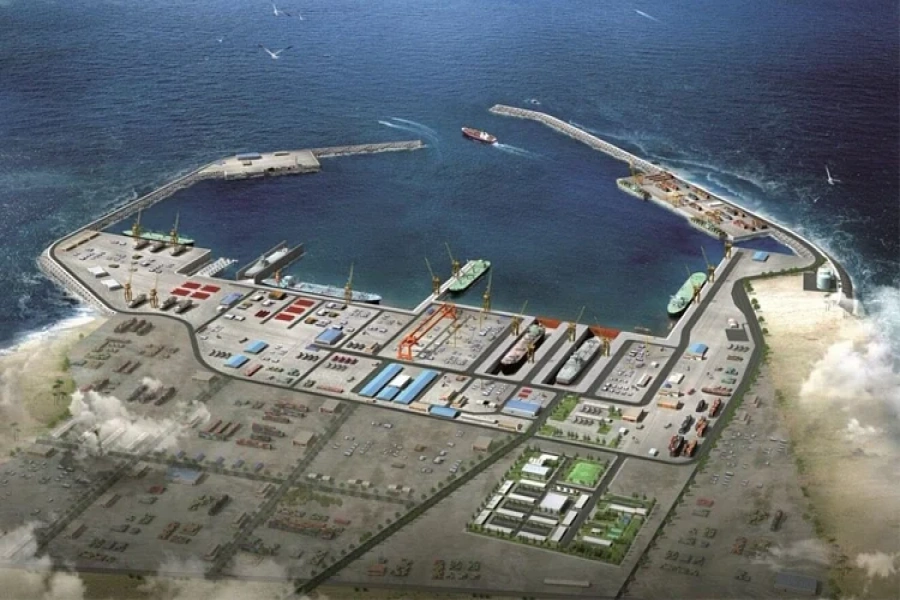Referendum as political tool
British Prime Minister David Cameron was effectively leading a double-life. In 2005, he assumed the leadership of the traditionally Euro-skeptic Conservative Party. The Conservatives have always been uncomfortable with unelected bosses in Brussels making important decisions on behalf of Britain. The European Union and its jumble of regulations, in their reckoning, were putting fetters on the high ambitions of a business-oriented Britain.

But most Tories would still have opted to stay in the EU for they realized that the union, even with all its faults, represented a vital post-war institution that had managed to keep Europe peaceful for more than 70 years. But come 2013, Cameron, now the prime minister, found himself in a strange position of having to bat for Europe as the opposition to the European project grew stronger among the Tories. As the nativist UK Independence Party (UKIP) began to eat away at Conservative vote-banks—on a promise of a clear break from Europe and a halt to immigration from Eastern Europe—the pressure started mounting on Cameron as the Conservative leader to promise something bold to counter the UKIP narrative. This was the context in which he in January, 2013, announced an in-out referendum on Britain’s EU membership before the end of 2017.
How he must rue that day today. In his second term as British prime minister, Cameron was untouchable after securing a Tory majority, the first since 1992, in the 2015 general election. The main opposition, the Labour party, was in wilderness after two successive electoral defeats and election of the impractical (and unelectable) Jeremy Corbyn as its leader. Cameron could easily have served out his second full term as prime minister until the next general elections slated for 2019—if only he hadn’t called for the darn referendum by giving in to pressure of his party colleagues. He also badly misread the mind of the British public.
Cameron was confident that the increasingly cosmopolitan British, despite their misgivings with Brussels, would not vote to further isolate Britain from the rest of the world. This is where he got it so badly wrong. For a national referendum is a strange beast. Referendum results often defy logic (by every calculation, the British people will be economically poor off out of the EU). This exercise in ‘Direct Democracy’ also risks being hijacked by populists (no wonder isolationists like Marine Le Pen in France and Greet Wilders in the Netherlands have been quick to capitalize on Leave vote in Britain and now also want in-out referendums in their countries).
What we got to see during the British referendum on Thursday is that people are ready to believe blatant lies if you can somehow appeal to their basest instincts. They coarsen important debates into shouting matches, with the loudest invariably getting the biggest audience. If such lies work among the well-educated and well-to-do people of mature democracies like the UK and the US (cue: Donald Trump), for a poor country like Nepal in a state of prolonged political transition, such lies are magic bullets to electoral success.
This is why radicals of all stripes in our midst like to offer referendums as the best way to settle most contentious issues—from federalism, Hindu state to secession of some territories. In fact, it was to check the appeal of the populists (and to make governance easy) that all modern nation-states adopted representative democracy. The last time direct democracy was practiced in Nepal was back in 1980—to give a stamp of approval to the party-less Panchayat system. Its practice should thus be limited to those extremely rare situations when there is simply no other option available. Alas, for Mr Cameron, that clearly was not the case.


































